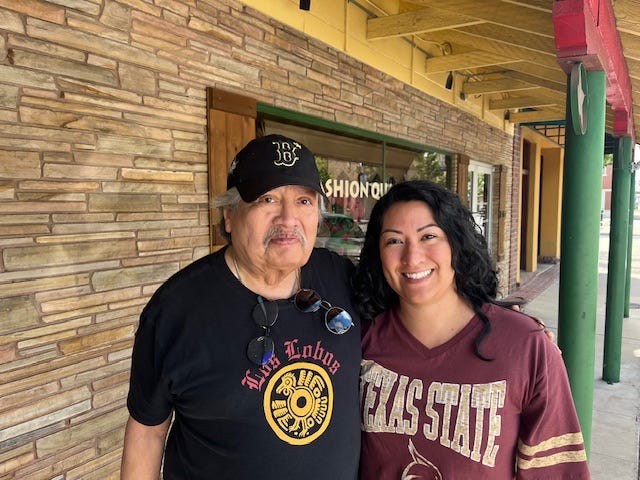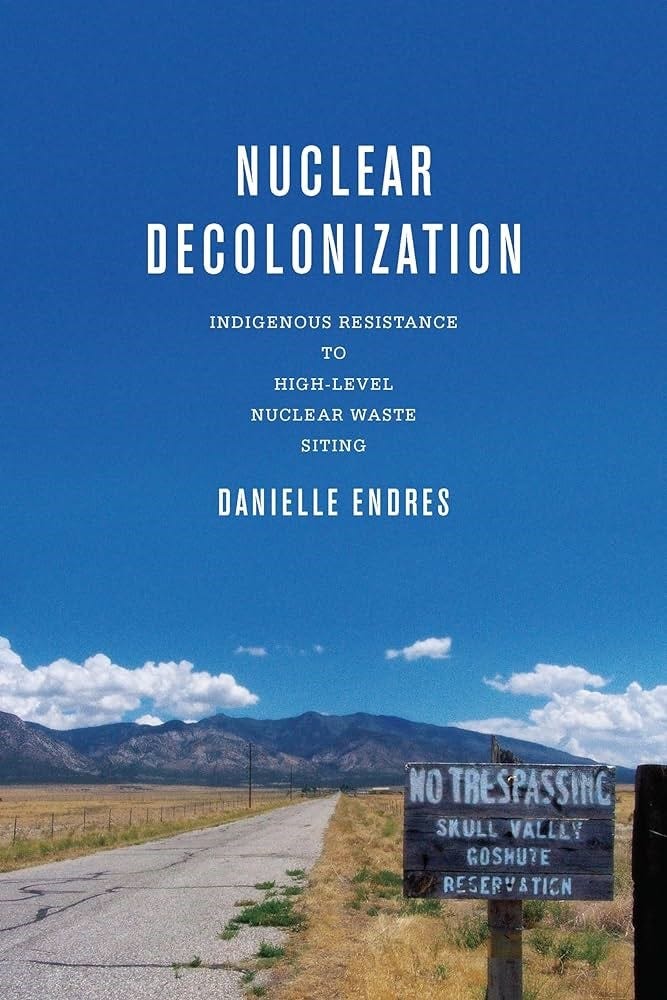The Topsy-Turvy Lives of Academics
When I wrote our “inaugural post” introducing this Substack in April, spring was bursting with white and pink petals—with the promise of life starting over. Many of us academics, however, were worn out by the school year and were limping toward the end of the semester. It’s early September as I write our Substack’s second post. The late-summer flowers are blooming, and the trees are speckled in orange and yellow. But as nature gets ready to rest, many of us who limped toward May stride into the fall semester with purpose.
Those of us beholden to the academic schedule live in a topsy-turvy world. When nature wakes up from its wintry slumber, we’re barely able to keep our eyes open. When nature yawns its way toward hibernation, we’re energized and ready to go. The summer is where we and nature converge. Warm (make that hot, actually), green, and sluggish. And I mean sluggish in the best possible way. Since our inboxes are no longer brimming with departmental and university-wide emails, summer is a time to slow down. Not entirely, of course. Some of us teach. Some take on administration and odd jobs to make ends meet. Some work on research, while others turn our precious energy and attention to our family, children, friends, lovers, pets. Some, like I did, set off to chase some big dream, and they return, if not refreshed, certainly wiser from the journey.

Now that summer break is over, and we’ve hopefully replenished ourselves in whatever way we needed (and could), constellations is back to publishing new content and sharing that content with you. The three new pieces highlighted in this issue belong to our first-ever special issue. I’ll let our issue editors—Christina Cedillo, Ana Milena Ribero, and Kim Wieser-Weryackwe—tell you about the work they’ve curated in the forthcoming special issue introduction. This is just a taste of what’s to come, which is some of our most topical and urgent work to date. In this post, we’re also launching our “From the Vault” feature, in which we highlight a piece we published in the past that is particularly relevant today.
We’d love for you to comment and share your thoughts on these pieces, and on what else you’d like our substack and constellations itself to cover. If our scholarship and posts move you, please share this post and invite others to subscribe. We wish you all a happy fall. May your energy and enthusiasm be sustained all the way to spring. Let’s hope that by the time the flowers bloom next year, we academics will also be blooming in all sorts of unexpected and marvelous ways.
Article
Bait al-Mouneh: Traditional Syrian Homemaking as Roots for Women’s Agency
by Nabila Hijazi
“By utilizing their homemaking skills and transforming their domestic spaces, Syrian women demonstrate agency and resilience, becoming active agents in rebuilding their lives and creating a sustainable future for themselves and their families. They play transformative roles in preserving and evolving their cultures for future generations.”
Conversation
The Mass Exodus: Why People Are Leaving Academia and What We Can Learn from Their Stories
by Sonia C. Arellano, Will Kurlinkus, and Caitlan Spronk. Moderated by Alexandra Hidalgo
“The breaking point was my health (mental and physical). My chair and my dean were terribly unsupportive (dare I say, made my life so much worse than necessary) and they contributed to my decline in health. I kept asking myself: what is tenure worth if I’m so unhealthy?”
Review
Sovereignty, Lands and Rhetoric: A Review of Danielle Edres’ Nuclear Decolonization: Indigenous Resistance to High-Level Nuclear Waste Siting
by Justin G. Whitney
“Endres helps readers merge the book’s conclusions with the author’s personal experiences but never loses focus on the decolonial struggles of the Great Basin peoples and the agency realized through them—agency we can all learn from.”
From the Vault
I love this article, which we published in our very first issue. Having grown up in Venezuela, I see my motherland’s philosophy reflected in Kelly Medina-López’s description of working with what you have instead of lamenting what you don’t. If you’re looking for an accessible, fun, and nuanced article to read or to assign to your students during Hispanic Heritage Month (September 15 to October 15), “Rasquache Rhetorics” is the way to go!
Rasquache Rhetorics: a cultural rhetorics sensibility
by Kelly Medina-López
“Rasquache as cultural rhetorics theory and practice presents a robust approach to meaning making by allowing users to pull from the compendium of theories, ideas, experiences, tangible tools, and intangible epistemologies they can access. Recycling, upcycling, making do, and making new meaning through whatever is available is an explicit performance of rasquache.”
Production Credits for Post
Written and posted by Alexandra Hidalgo
Edited by Nathaniel Bowler










